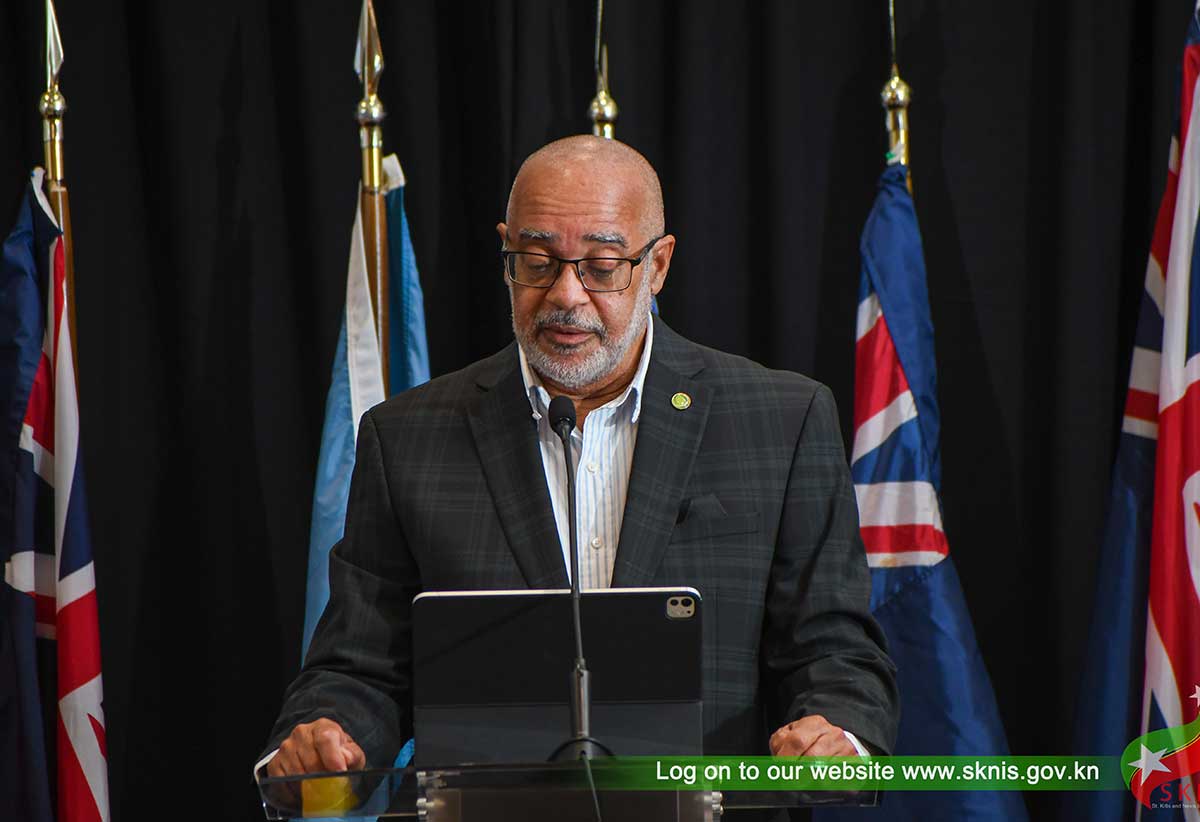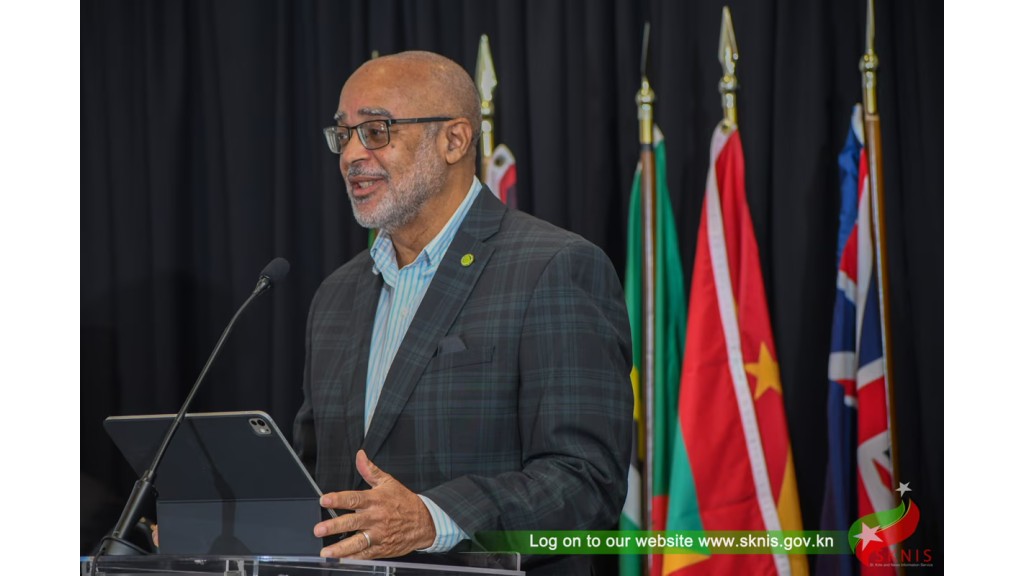The Organisation of Eastern Caribbean States (OECS) has unveiled an ambitious plan to revolutionize its economic landscape by achieving 30% renewable energy integration by 2030. This initiative was a focal point at the recent third meeting of the OECS Council of Ministers: Energy, where Director General Dr. Didacus Jules emphasized the critical need for immediate action in addressing climate change and economic vulnerabilities. Dr. Jules highlighted the detrimental impact of high fossil fuel import costs on member states, noting that electricity tariffs rank among the highest globally, thereby undermining competitiveness across various sectors. He advocated for a transition to sustainable energy, which would allow OECS nations to reallocate funds from fuel imports to investments that stimulate job creation and industrial growth.
Ongoing renewable energy projects within the OECS include geothermal energy developments in Guadeloupe and Dominica, as well as widespread solar photovoltaic installations across member states. These initiatives are not only environmental imperatives but also serve as catalysts for economic advancement. The recent ministerial meeting, convened under the theme “Sustainable Energy: Creating Opportunities for Reinventing the Economy of the OECS,” underscored the region’s commitment to sustainable energy development. Ministers collectively called upon regional and international partners, private sector entities, financial institutions, and academic and research organizations to support this transformative agenda through technical cooperation, investment, and knowledge sharing.
With a combined population exceeding 1.4 million, the OECS possesses substantial renewable resource potential, particularly in geothermal and solar energy, alongside a growing energy demand across multiple sectors. The successful implementation of the sustainable energy roadmap is anticipated to reduce dependency on imported fossil fuels, lower energy costs, and enhance resilience against natural disasters and economic fluctuations. This strategic shift towards renewable energy is poised to position the OECS as a leader in sustainable development, setting a precedent for small island developing states worldwide.




